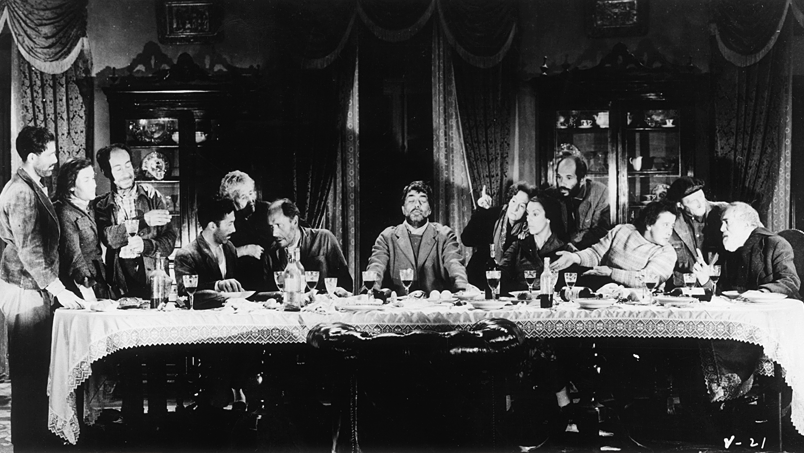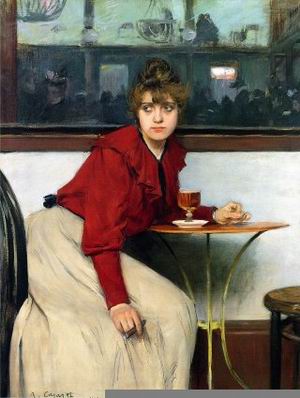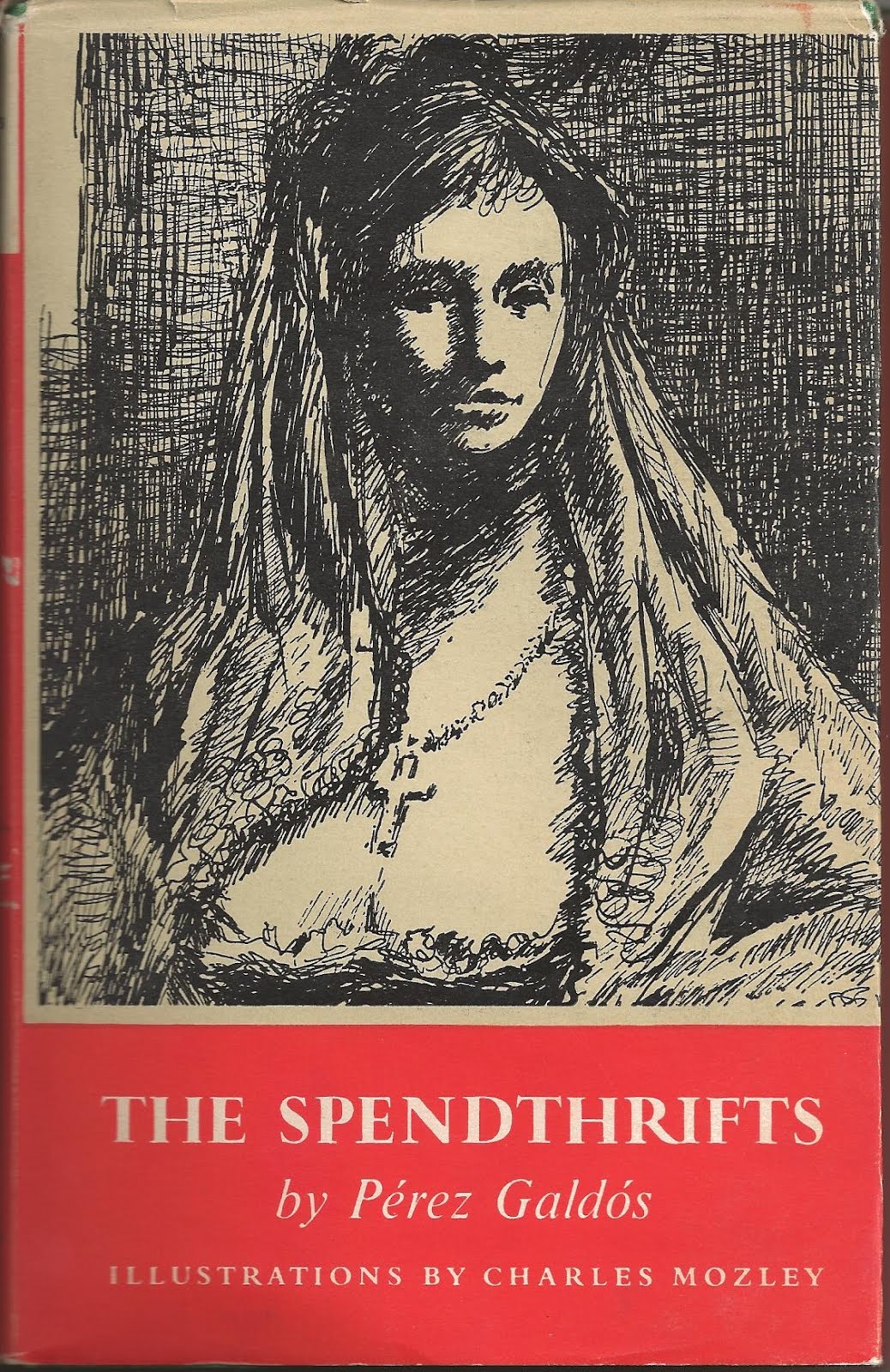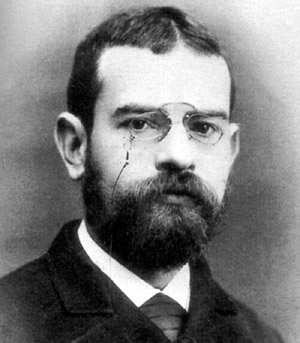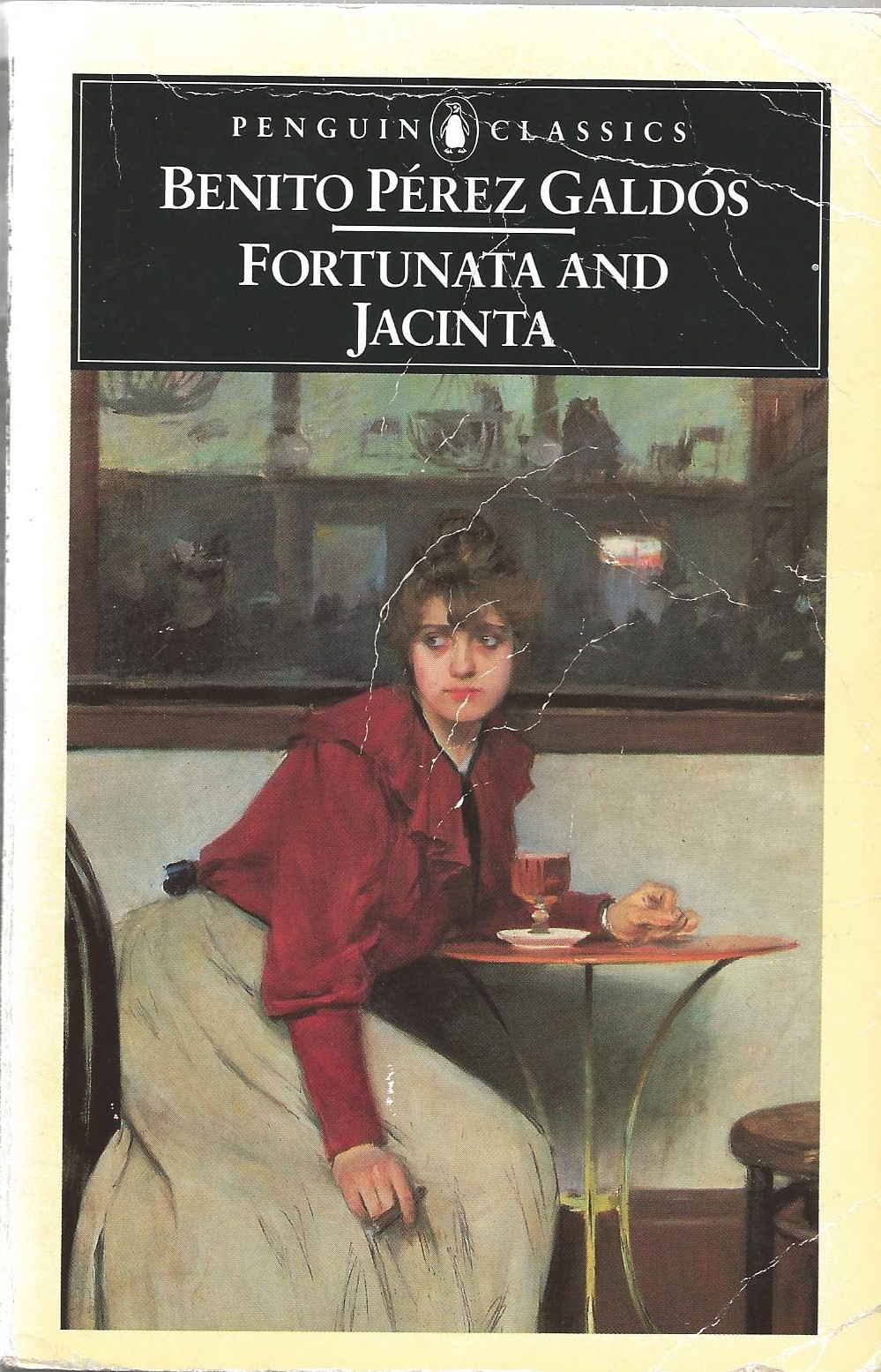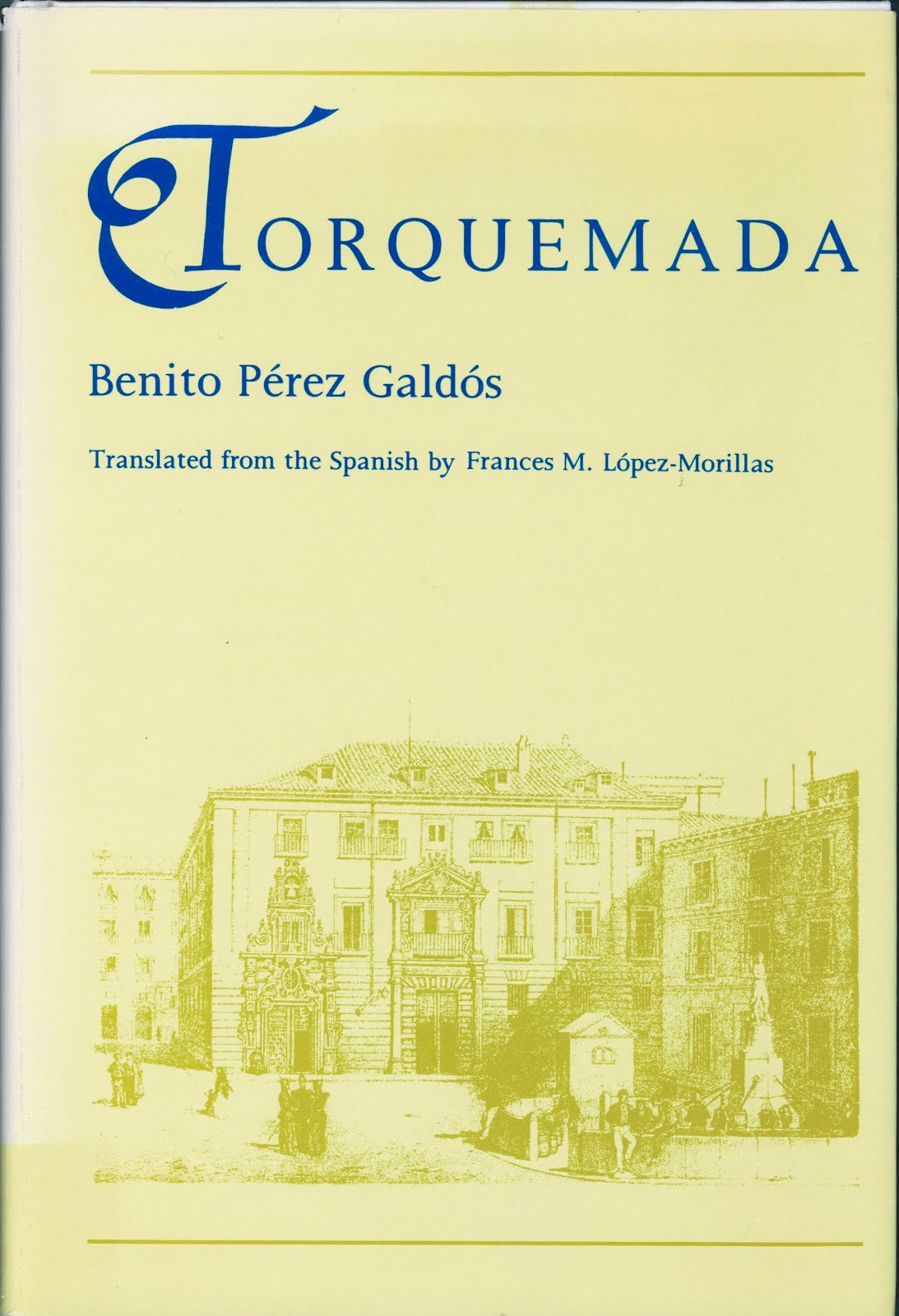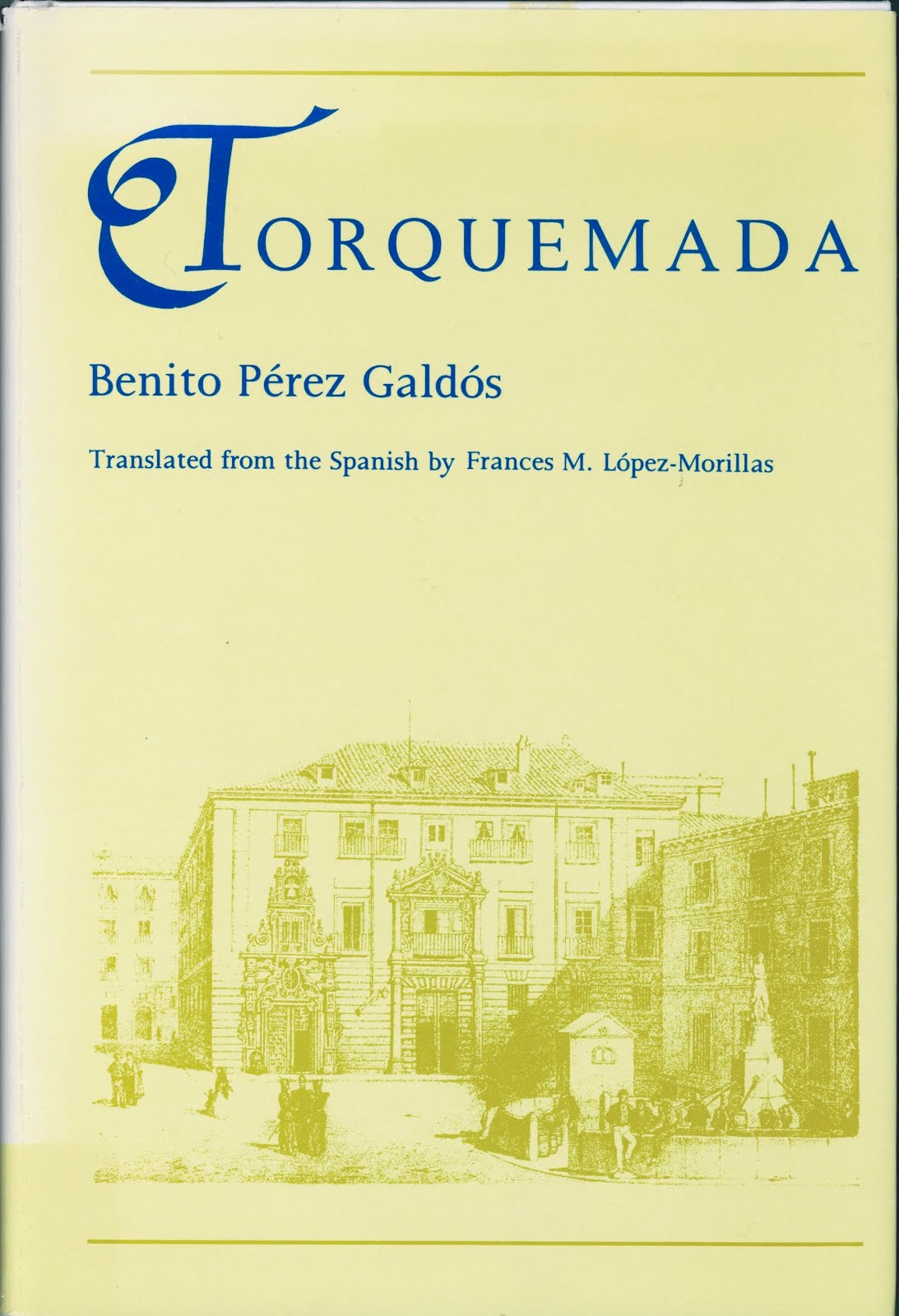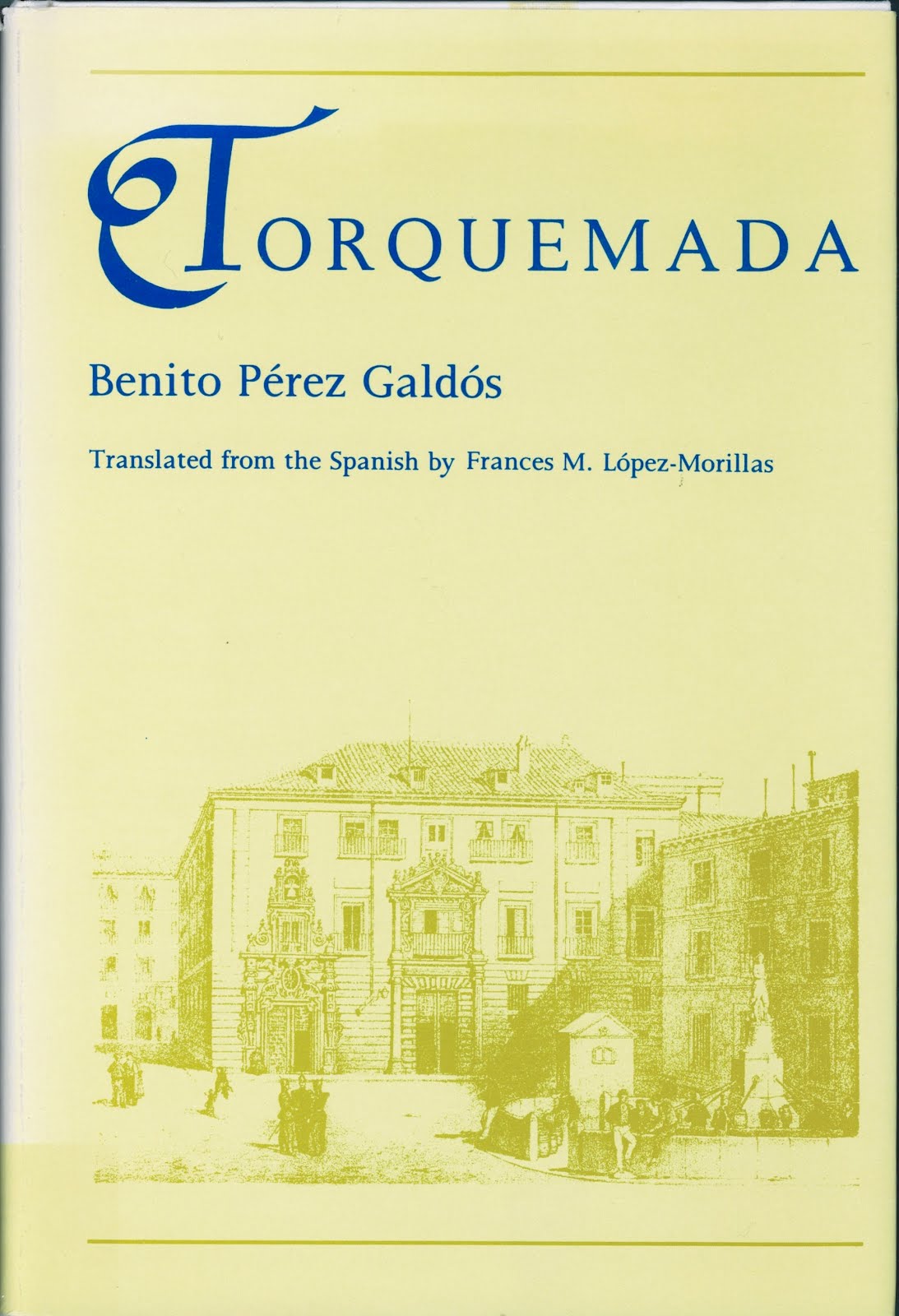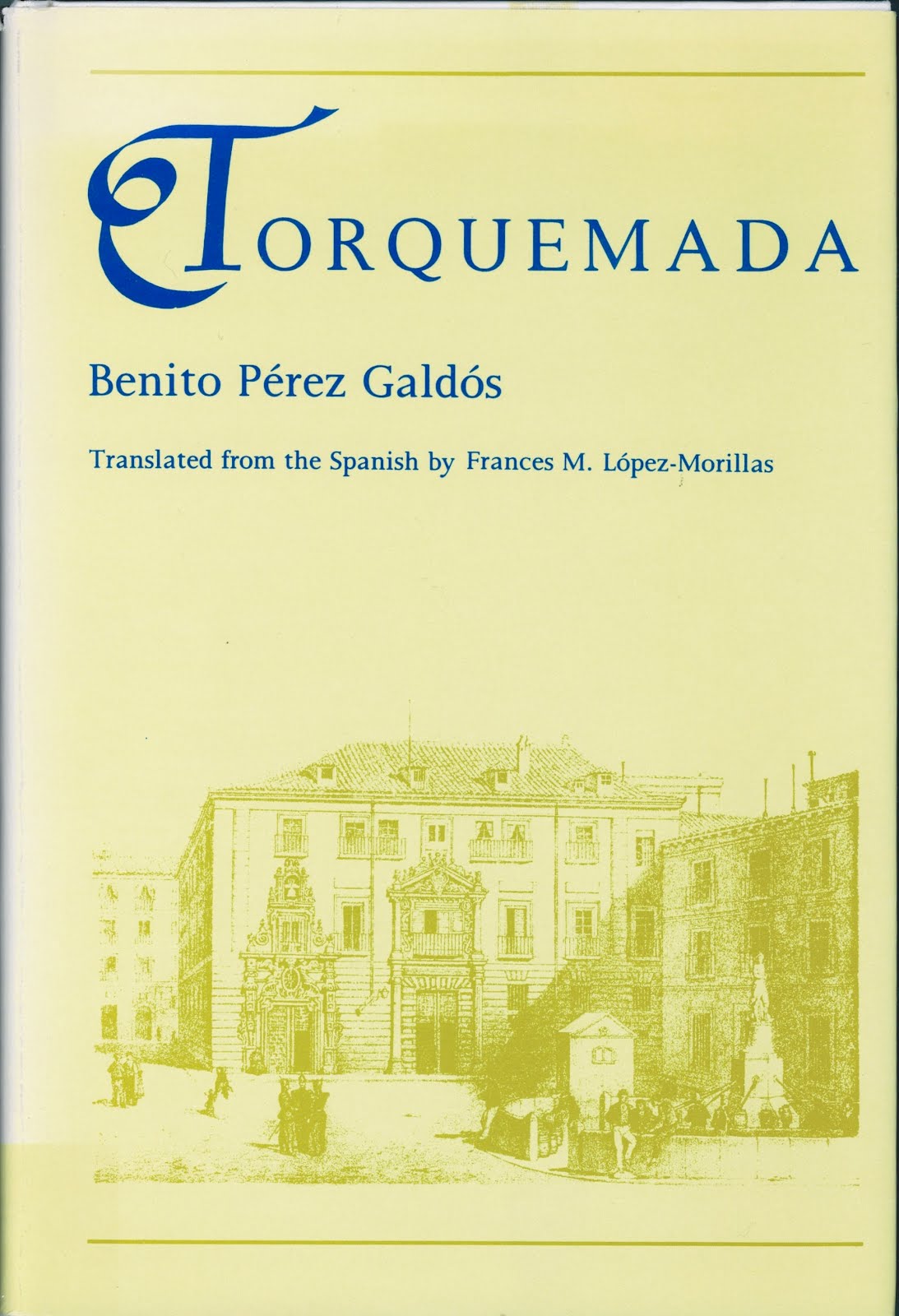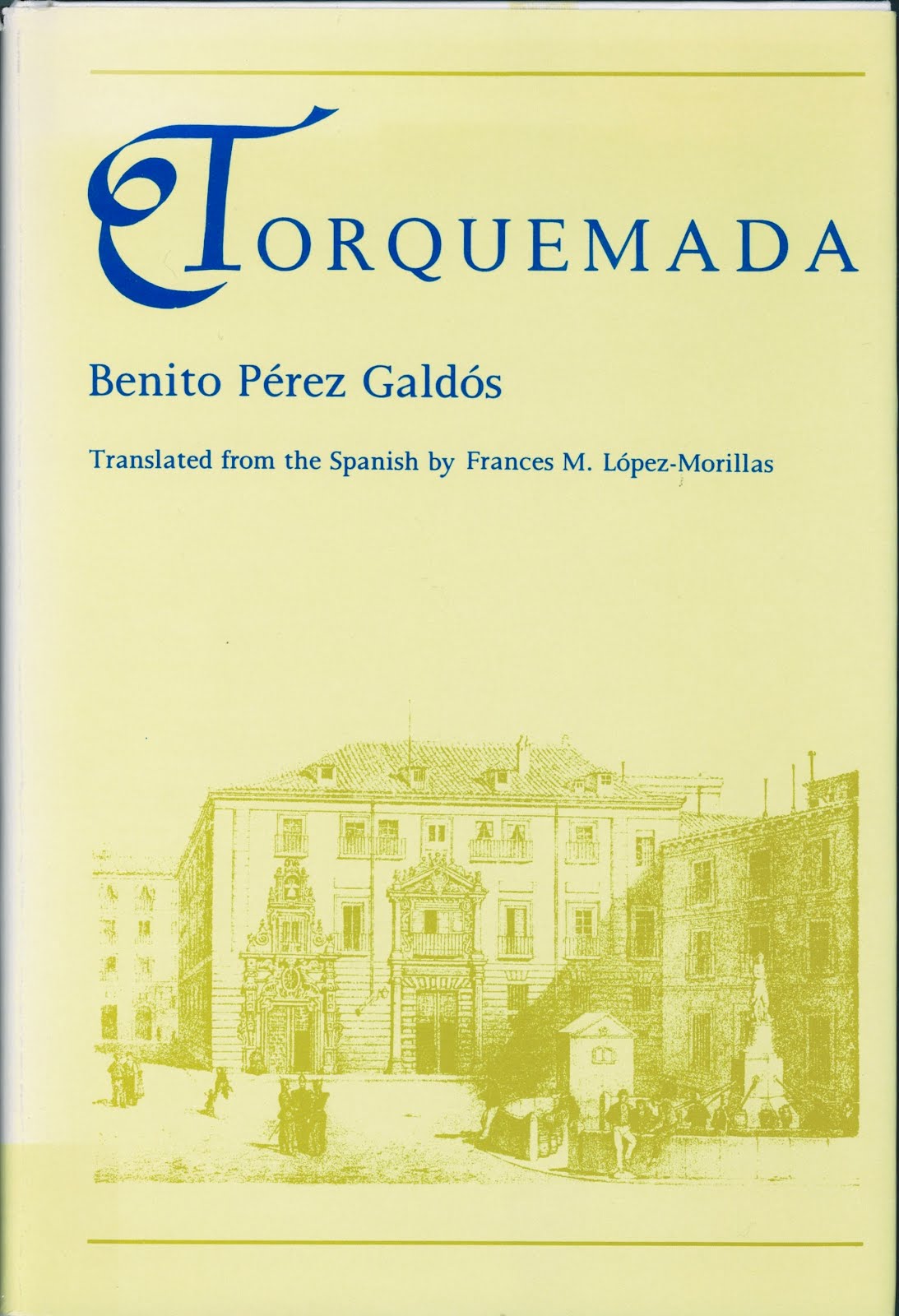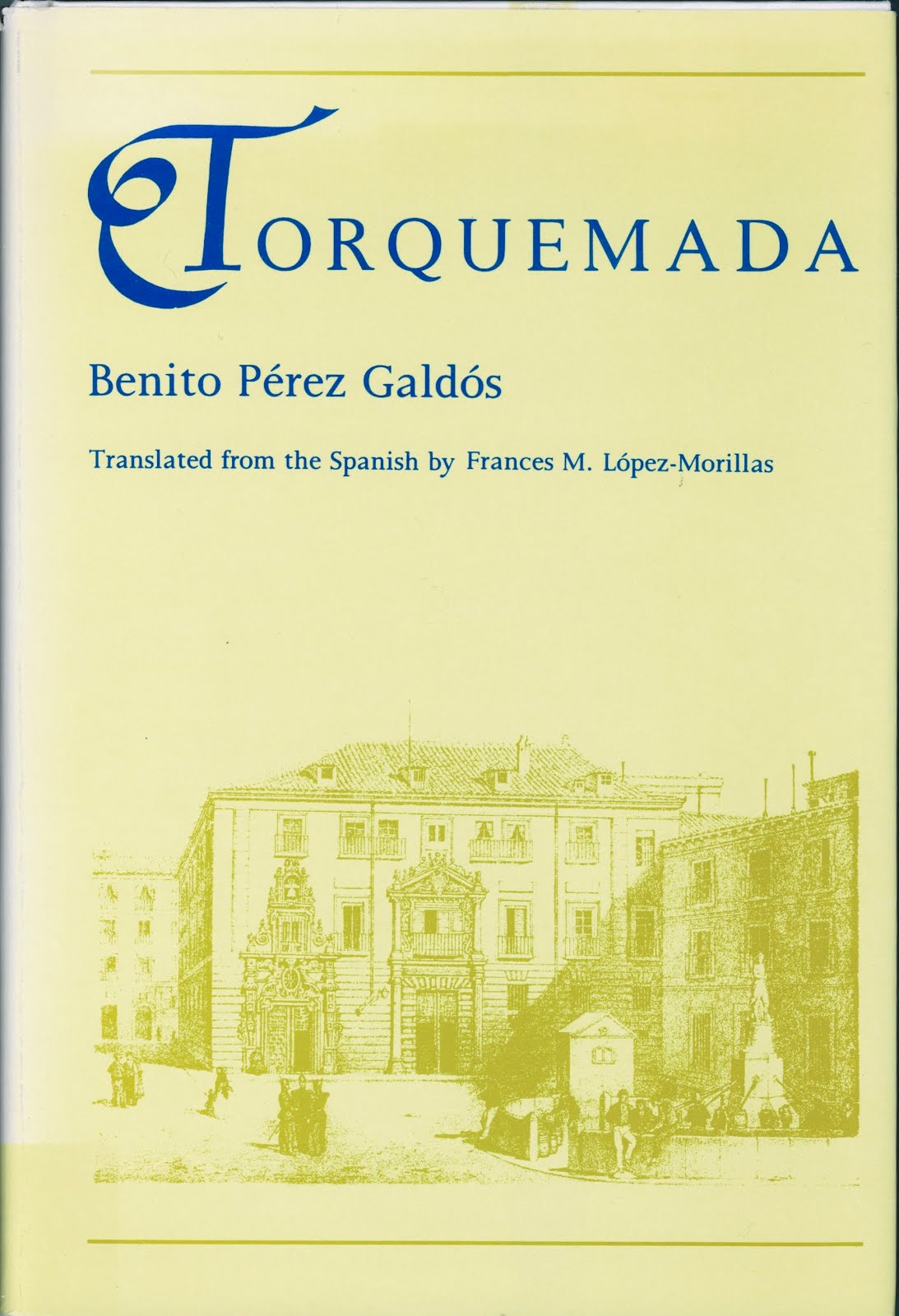Please see the final outline post, replacing this placeholder for the work-in-process.
Tag: Benito Perez Galdos
Without beating around the bush, Don Balomero made a very sensible commentary, the product of his experience and observation: “I don’t know what will happen twenty or fifty years from now. You can’t see that far ahead in Spanish society. All we know is that our country alternates between two fevers, revolution and peace. At […]
I continue with my erratic foreign movie posts for this year as well as posting on movies adapted from books. This turned out to be one of the most disturbing movies I’ve seen in a while. Luis Buñuel loosely adapts and updates Benito Pérez Galdós’ novel Halma (1895). A quick overview of the plot: Before […]
At the risk of turning into the Galdós channel (all Galdós, all the time), I plan on intermittent posts on the author and Fortunata and Jacinta over the next few weeks. Hopefully they will be helpful for anyone thinking about exploring the author or book. In this post I want to highlight The Pérez Galdós […]
Ramon Casas “La Madeleine” (1892) I’m finally getting around to formally announcing the October read-along of Fortunata and Jacinta by Benito Pérez Galdós. Never having officially hosted a read-along, bear with me as I stumble my way through it. I’ll try and adhere to a schedule, at least loosely: Week of October 8—Volume 1 Week […]
The Spendthrifts by Benito Pérez Galdós Translation by Gamel Woolsey; illustrations by Charles Mozley; introduction by Gerald Brenan Farrar Straus & Young Inc.: New York, 1952.My previous posts on The Spendthrifts: One: a Spain that does not understand anything except eating and digesting Two: The ceremony? It was nothing. Three: Me-ow! Torquemada! Krausism! My introduction […]
Sorry for the tabloid-style heading, but this post will be a jumble of things that turned up in the book that I enjoyed and wanted to share. So far Galdós’ novel has shown him at his cattiest of the few books I’ve read by him, as the posts so far have demonstrated some good examples. […]
In Chapter 7 of The Spendthrifts, Galdós highlights some part of the farcical nature of Queen Isabella II’s court by detailing the Maundy Thursday ceremony held in the palace. Two dozen members of the lowest class (after being scrubbed, of course) are selected to eat in the palace, served by the Queen and her staff. […]
A stop at Powell’s Books is always in order when I’m in Portland. Last week I escaped (using restraint I didn’t know I had) spending less than $20 for a few books, one of which was The Spendthrifts by Benito Pérez Galdós, the second release in the 1950’s series The Illustrated Novel Library. There’s another […]
Leopoldo Alas’ Wikipedia entry In addition to La Regenta Leopoldo Alas only finished one other novel (His Only Son, which I plan to read soon) but wrote more than 80 short stories. I hope the short stories are some of the untranslated works Margaret Jull Costa will be working on in the near future. Alas’ […]
At the start of the year, The Neglected Books Page posted on Fortunata and Jacinta as “The Greatest Novel You’ve Never Heard of.” Please read that post about the book and follow the links provided—it’s a great overview of the novel and introduction to Galdós. I seconded the enthusiasm for the novel and author and […]
Torquemada by Benito Pérez Galdós Translation by Frances M. López-Morillas New York: Columbia University Press (1986), Hardcover ISBN: 0231062281 / 9780231062282The Torquemada novels: 1. Torquemada at the Stake (1889) 2. Torquemada on the Cross (1893) a. Story b. Themes c. Characters 3. Torquemada in Purgatory (1894) a: Part One b. Part Two c. Part Three […]
Torquemada by Benito Pérez Galdós Translation by Frances M. López-Morillas New York: Columbia University Press (1986), Hardcover ISBN: 0231062281 / 9780231062282The Torquemada novels: 1. Torquemada at the Stake (1889) 2. Torquemada on the Cross (1893) a. Story b. Themes c. Characters 3. Torquemada in Purgatory (1894) a: Part One b. Part Two c. Part Three […]
Torquemada by Benito Pérez Galdós Translation by Frances M. López-Morillas New York: Columbia University Press (1986), Hardcover ISBN: 0231062281 / 9780231062282The Torquemada novels: 1. Torquemada at the Stake (1889) 2. Torquemada on the Cross (1893) a. Story b. Themes c. Characters 3. Torquemada in Purgatory (1894) a: Part One b. Part Two c. Part Three […]
Torquemada by Benito Pérez Galdós Translation by Frances M. López-Morillas New York: Columbia University Press (1986), Hardcover ISBN: 0231062281 / 9780231062282The Torquemada novels: 1. Torquemada at the Stake (1889) 2. Torquemada on the Cross (1893) a. Story b. Themes c. Characters 3. Torquemada in Purgatory (1894) a: Part One b. Part Two 4. Torquemada and […]
Torquemada by Benito Pérez Galdós Translation by Frances M. López-Morillas New York: Columbia University Press (1986), Hardcover ISBN: 0231062281 / 9780231062282The Torquemada novels: 1. Torquemada at the Stake (1889) 2. Torquemada on the Cross (1893) a. Story b. Themes c. Characters 3. Torquemada in Purgatory (1894) a. Part One 4. Torquemada and Saint Peter (1895) […]
I wanted to take a short break from posting on the Torquemada novels to link to an article by Harriet Stevens Turner on the author and some of his work. It sounded like there was quite a bit of interest in Fortunata and Jacinta–if you plan on reading it you should find the article very […]
Torquemada by Benito Pérez Galdós Translation by Frances M. López-Morillas New York: Columbia University Press (1986), Hardcover ISBN: 0231062281 / 9780231062282The Torquemada novels: 1. Torquemada at the Stake (1889) 2. Torquemada on the Cross (1893) a. Story b. Themes c. Characters 3. Torquemada in Purgatory (1894) 4. Torquemada and Saint Peter (1895) [The beginning of […]
Torquemada by Benito Pérez Galdós Translation by Frances M. López-Morillas New York: Columbia University Press (1986), Hardcover ISBN: 0231062281 / 9780231062282The Torquemada novels: 1. Torquemada at the Stake (1889) 2. Torquemada on the Cross (1893) a. Story b. Themes 3. Torquemada in Purgatory (1894) 4. Torquemada and Saint Peter (1895) “[L]ook at the monarchy coming […]
Torquemada by Benito Pérez Galdós Translation by Frances M. López-Morillas New York: Columbia University Press (1986), Hardcover ISBN: 0231062281 / 9780231062282The Torquemada novels: 1. Torquemada at the Stake (1889) 2. Torquemada on the Cross (1893) a. Story 3. Torquemada in Purgatory (1894) 4. Torquemada and Saint Peter (1895) (Cruz del Aguila) “Certain ideas are very […]
